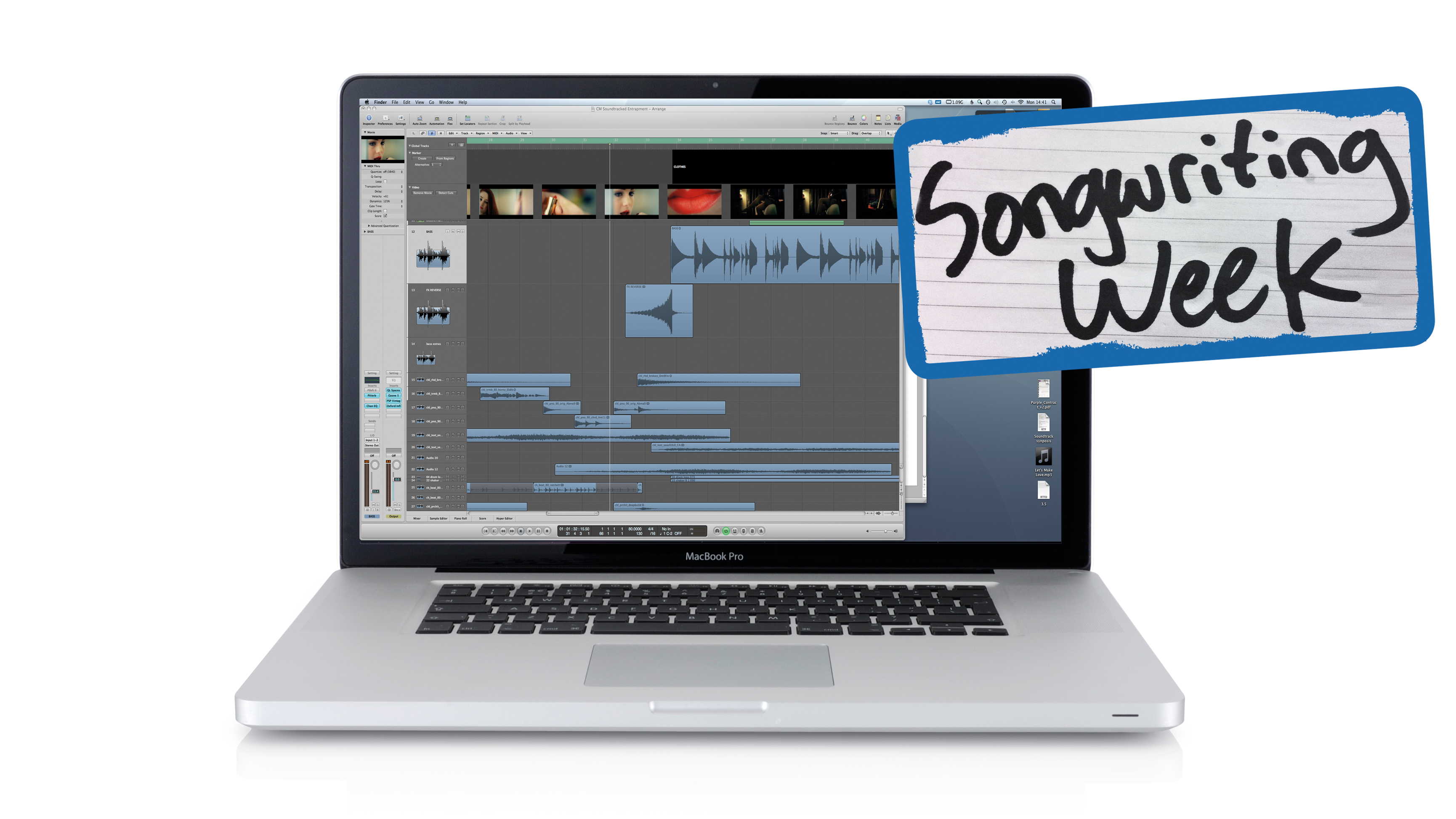How to start out as a soundtrack composer
We offer a few tips for those looking to break into the industry

SONGWRITING WEEK: We'll presume you've already been online and ordered yourself some business cards with 'Composer' printed on them. What next?
A computer, a DAW and some synths and samples are great starting points, so we'll assume that you have some of those already. Beyond that, you're going to need a pinch of raw talent and some top-notch negotiation chops to deal with demanding directors.
But before you get into all that, let's look at the opportunities that are out there for would-be composers.
"Ask 100 composers how they got into the industry and they'll give 100 different answers."
Before the advent of electronic music, your only real option as a fledgling composer would have been to learn musical notation and orchestral instrumentation.
Famous movie composers like John Williams ply their orchestral craft in a similar way to composers of old, like Beethoven and Brahms, by scoring everything for a real-life orchestra - but you don't have to follow the same path.
The opportunities for composers have exploded in recent years, as there's no need to rely on traditional notation or even a conventional orchestral palette of sounds any more. Even so, the proliferation of sampled orchestral instruments presents huge possibilities for those without a classical background to become involved in scoring.
For example, composer Christian Henson started in a covers band and after getting his first gigs as a background music writer for adult films, he now boasts some stellar soundtracks in his portfolio, including for the movies Black Death and The Devil's Double.
Get the MusicRadar Newsletter
Want all the hottest music and gear news, reviews, deals, features and more, direct to your inbox? Sign up here.
And Jesper Kyd - highly acclaimed tunesmith for the Assassin's Creed videogame series - began his composing career as a tracker musician in the Amiga demo scene.
Big-name game titles - like Assassin's Creed - have budgets to rival some Hollywood films. For those looking to get their foot in the door, though, the indie gaming scene is where the action is.
And the mighty Hans Zimmer started out as part of new wave pop group The Buggles, not to mention writing the theme music for '80s UK gameshow Going for Gold. It just goes to show that great composing success can come from seemingly humble beginnings - though it also demonstrates that the career path of the modern-day soundtrack composer can be long and hard.
A foot in the door
Ask 100 composers how they got into the industry and they'll give 100 different answers. The route to a full-time career in composing isn't without its pitfalls, and you'll need to be prepared for knockbacks from clients, directors and collaborators. That said, the market for original music to accompany films, games and TV is bigger than ever before.
The explosion in digital TV channels has meant that many more shows are being commissioned, and of course, they all need music. Many of them use library music, but we'll come to that later.
In the world of videogames, indie developers are prolific and ambitious in the scope of their projects, which all need accompanying music to varying degrees, be it for a casual iPhone title or a more immersive desktop effort.
The movie industry is, as you'd expect, tremendously difficult to break into, but smaller student films and the advent of crowd-funded movies give emerging composers a chance to hone their craft before being let loose with a larger budget.
Advertising also relies on audio to send a message to the consumer, and the right track in the right style can make a fortune and a name for any composer.
As you can see, the possibilities for establishing yourself as a composer are many and varied, and opportunities are easy to research and find online. You'll be competing with many other like-minded individuals, but carve yourself a unique enough niche and you'll find your place.
After that, it's all about putting the word out, marketing yourself and developing your contact list. You might be surprised at how many people suddenly want to collaborate or know of someone who needs music as soon as you mention you're a composer.
Loud in the library
A good way to find out whether you have the skills to make it as a composer is to submit some of your tracks to a stock music library for critique. These library publishers keep a large roster of tracks for licensing to TV and other productions and will be keen to make money from your efforts.
We could easily write a whole feature on the dos and don'ts of choosing a reputable stock library. Look online for reviews from composers themselves - a good place to start is Music Library Report, which has a great FAQ section. For full access to the site, you'll have to pay to become a member, but the small outlay is worth it for the wealth of advice on offer.
Check out forums and websites for student, indie and crowd-sourced films. Sites like RocketHub, Kickstarter and IndieGoGo are great places to track down crowd-funded projects; IndieGoGo has over 6000 films in development.
These days, TV shows are mostly produced by independent production companies rather than the channels. Target their head honchos via directories like The Production List and The Production Guide. Blind emails are usually a waste of time, so call and talk to their production managers.
For games, gamedev.net, Gamasutra and devmaster all have active forums on which you can post offers to produce music and respond to cries for help from developers. These projects often take a long time to get off the ground, so assessing when a project is ready to be scored is crucial.
If you follow the game's development blog (they almost all have one), you'll be able to see how the project is progressing, and this will help you judge the right time to strike.
For more on composing soundtrack and pro business advice, check out the November 2012 of Computer Music (CM 184).


Computer Music magazine is the world’s best selling publication dedicated solely to making great music with your Mac or PC computer. Each issue it brings its lucky readers the best in cutting-edge tutorials, need-to-know, expert software reviews and even all the tools you actually need to make great music today, courtesy of our legendary CM Plugin Suite.










